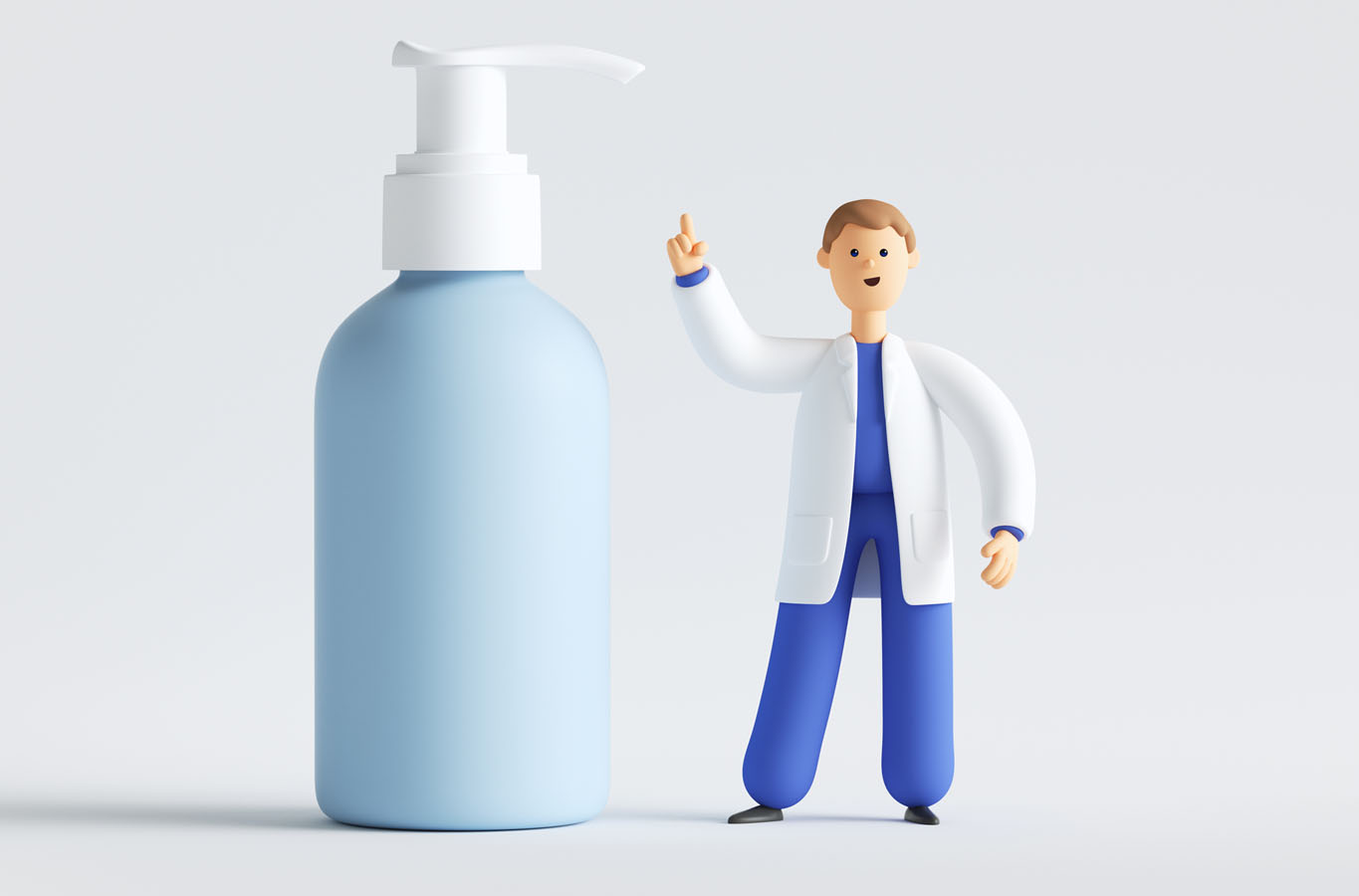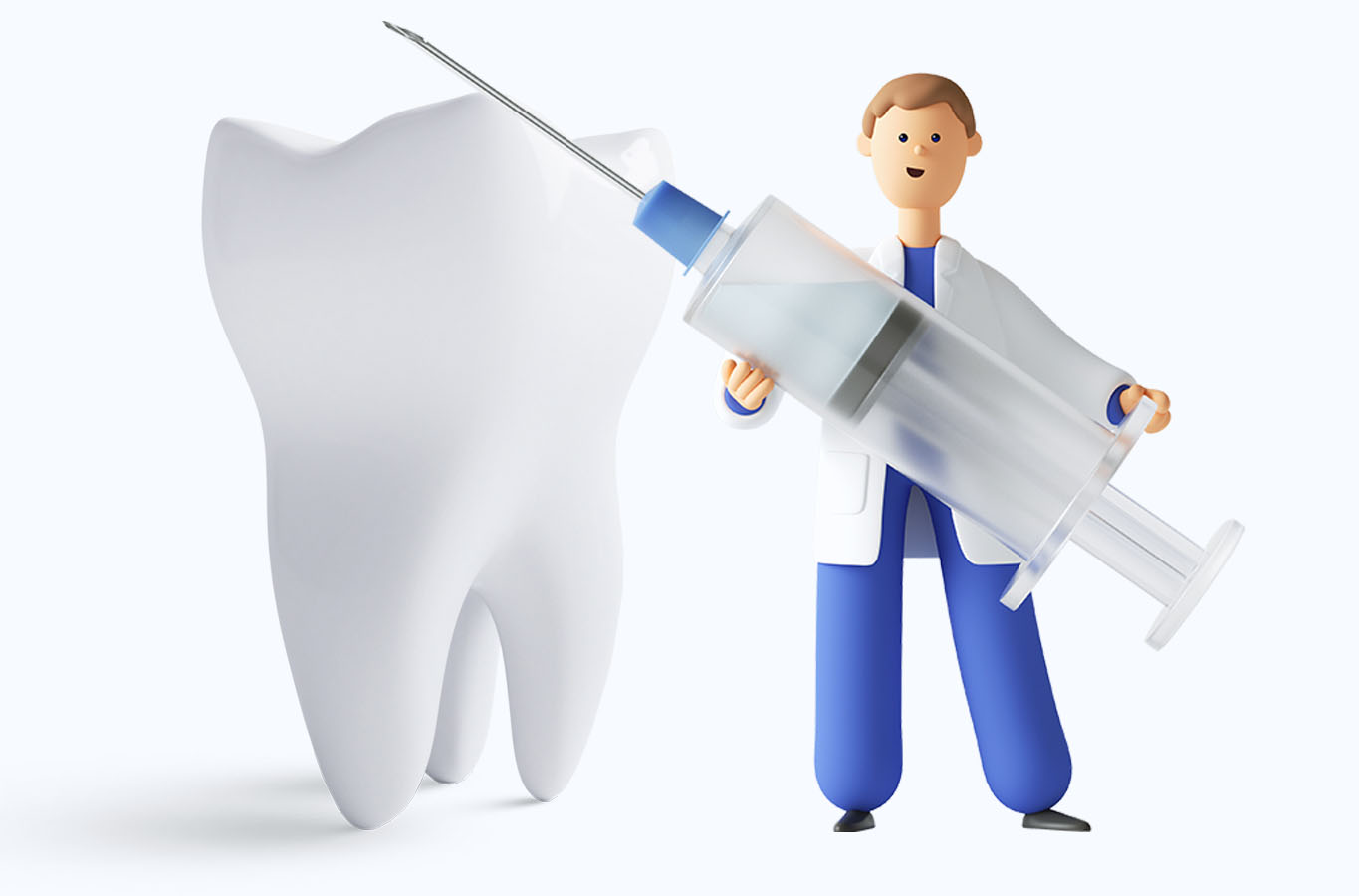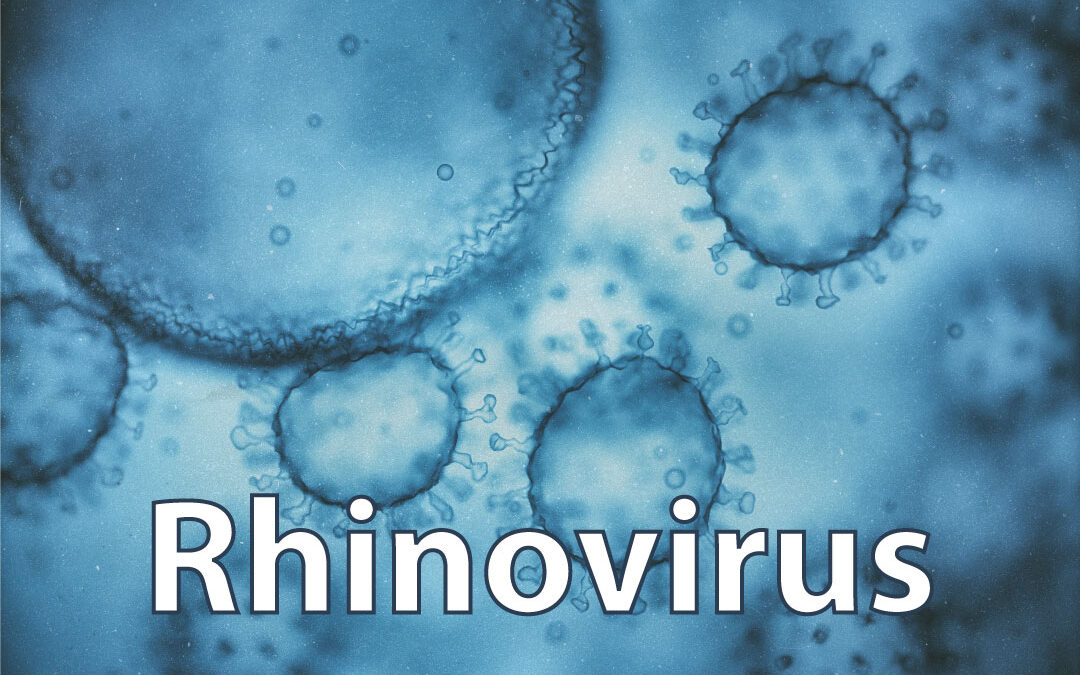
Human Rhinoviruses Testing
Rhinoviruses are the most frequent cause of the common cold and are a common viral trigger for asthma attacks. Most rhinovirus infections cause no symptoms or mild symptoms. They can also cause severe illness, especially if you have a weakened immune system, asthma, or another underlying medical condition. There are different rhinovirus types. Rhinoviruses are part of the same virus group as non-polio enteroviruses and have some similar properties to enterovirus D68. Rhinoviruses usually spread year-round, but activity tends to rise in early fall and spring. There are no immunizations to prevent rhinovirus infection. However, there are vaccines for other respiratory viruses that can cause severe outcomes in some people. For adults and children 6 months and older, CDC recommends getting a current COVID-19 and flu vaccine. CDC also recommends RSV (respiratory syncytial virus) immunizations to protect infants. Adults ages 60 years and older should talk to their healthcare provider if an RSV vaccine is right for them.
- Runny nose or nasal congestion
- Cough
- Sneezing
- Sore throat
- Headache
- Mild body aches
- Fever
Healthcare providers typically do not test for rhinovirus infection. In people with severe illness, they may order testing for rhinovirus or can test as part of a panel that can detect both viruses and bacteria. Some people with cold symptoms may be tested for COVID-19 or flu. There are treatments for COVID-19 or flu that can reduce the risk of severe disease.
About Rhinoviruses
KEY POINTS Most rhinovirus infections are mild, but they can cause serious illness in higher-risk populations. There is no vaccine, treatment, or medicine to prevent or cure illness caused by rhinoviruses. You can take steps to reduce your risk of getting infected with rhinoviruses and reduce the risk of their spread.

Preventing Respiratory Viruses
CDC recommends that all people use core prevention strategies. These are important steps you can take to protect yourself and others:
- Stay up to date with immunizations
- Practice good hygiene (practices that improve cleanliness)
- Take steps for cleaner air
- When you may have a respiratory virus:
- Use precautions to prevent spread
- Seek health care promptly for testing and/or treatment if you have risk factors for severe illness; treatment may help lower your risk of severe illness
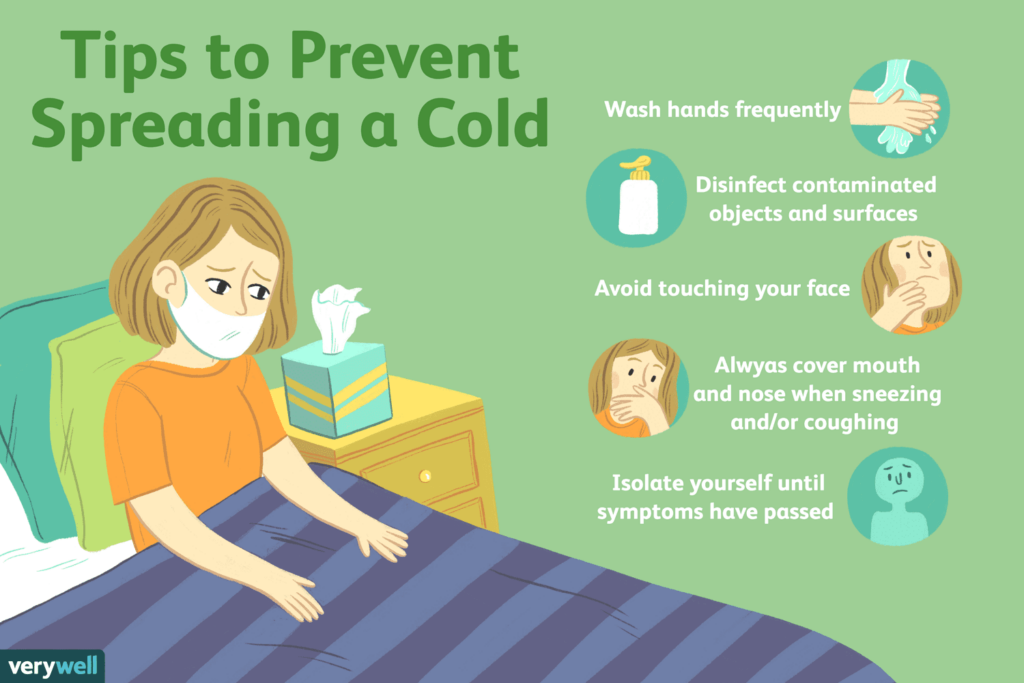
Additional prevention strategies you can choose to further protect yourself and others include:
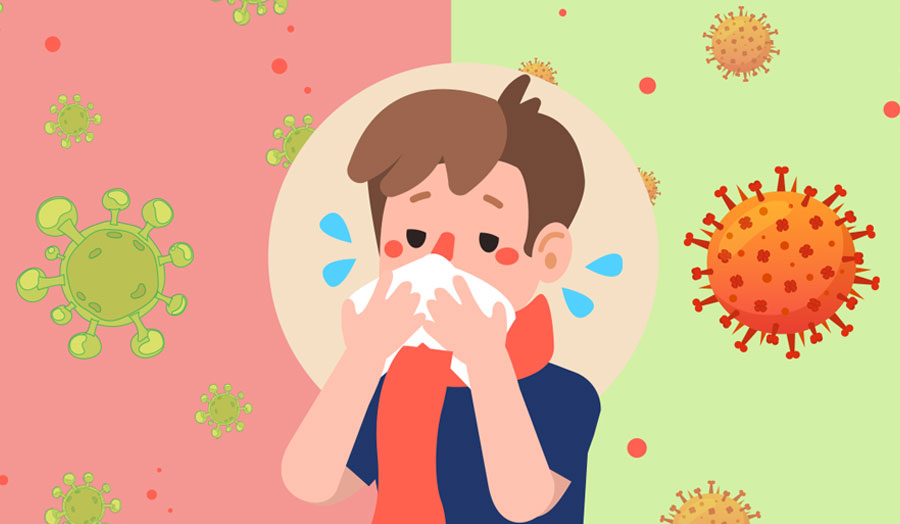
- Treatment is a core prevention strategy to lower risk from respiratory viruses.
- Core prevention strategies are important steps you can take to protect yourself and others from respiratory viruses.


